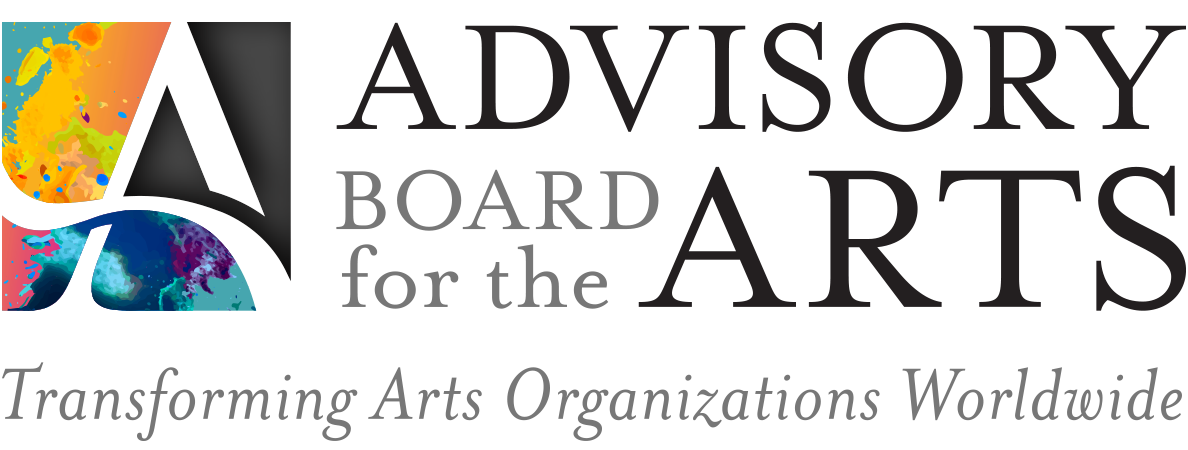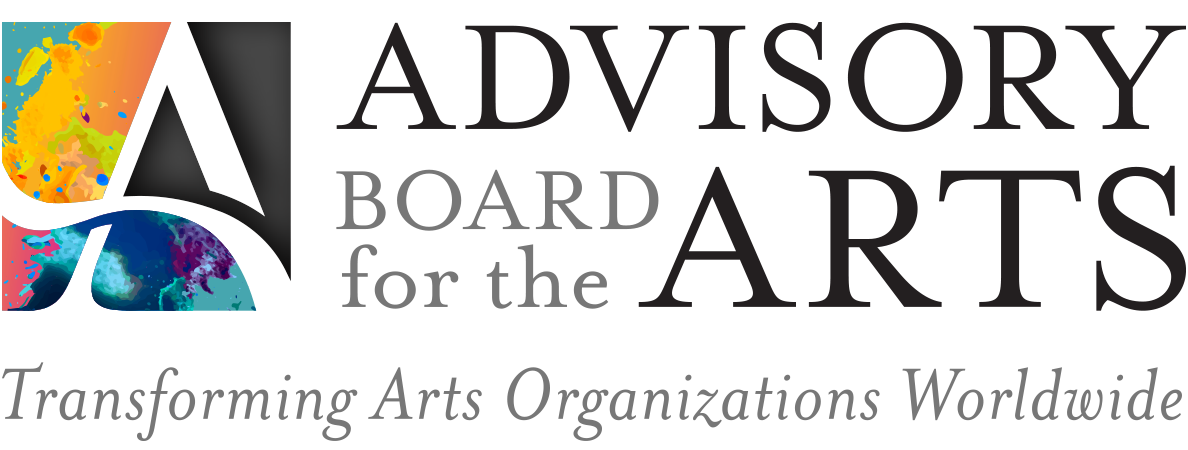Navigating Required & Recommended Vaccines for Your Staff
Over the past year, biotech firms raced against time to design, test, and submit COVID-19 vaccine candidates for authorized use, a process that typically takes between 10 to 15 years from start to finish. Now, vaccines are being distributed worldwide. The next challenge is one we bear collectively: share accurate information about vaccination and hold others accountable for doing the same. Help our most at-risk friends, family, and colleagues get to their appointments. Then, for those of us who can do so safely, get a vaccination ourselves.
To prevent the spread of COVID-19 in reopening office spaces and build employee confidence in the workplace, many businesses are seeking guidance about whether — and how — to encourage, if not mandate, employees to get vaccinated. Here, we provide more information to minimize risk at work while heeding the practical and legal intricacies, with additional resources geared specifically toward organizations in the United Kingdom and United States.
The Worldwide COVID-19 Vaccination Movement
To mandate or not to mandate vaccinations for staff? This question has been on the minds of many business leaders in recent weeks. But the reality is that the answer will look different for each organization depending on context, and depending in particular on the industry and the nature of the work. The more likely it is that non-vaccinated employees put customers, fellow employees or the general public at risk, the more compelling the case will be for a vaccination mandate. Health care, travel, retail or other businesses whose employees are at risk or who present a risk to others will have more business reasons to require vaccines.
And then there are the legal intricacies: employers are responsible for providing a safe workplace, but there are limitations to collecting information on employees’ medical histories, and exceptions must be granted in some cases. These regulations are specific to local and national governments. See more below for legal regulations in the UK and the US.
Ultimately, however, office-based businesses or businesses that can rely on remote workers may find it easier to take a "personal-choice" stance. This may be the case for most arts and cultural organizations; an April 2021 Arts Leaders Survey conducted by ABA found that most organizations will not require proof of vaccine, instead opting for self-reporting or encouraging stakeholders to get vaccinated.
Fortunately, the CDC has outlined steps that employers anywhere can take to encourage (if not require) employees to receive a vaccination. These include:
Appointing vaccine ambassadors within the workplace who will speak confidently and honestly about the vaccine.
Using all available communication channels to spread information internally.
Holding a virtual town hall, giving an opportunity for employees to speak directly with medical professionals and learn about others’ vaccine experiences.
Giving employees paid time off to receive a vaccine and offering paid sick leave to those who experience adverse reactions to the vaccine.
Having workplace leadership share their experience getting vaccinated with staff, including by capturing the process with photo or video.
According to a 2021 Littler survey, only six percent of American business leaders plan to mandate vaccines for full-time employees, and in the UK, most employers are wary of making vaccination mandatory as a condition of employment. To learn why, and for more on what employers can do to mitigate the spread of COVID-19 in reopening workplaces, see these tailored resources for the UK and US.
Vaccines in the United Kingdom
Under the Health and Safety at Work Act 1974, employers in the UK have a basic obligation to take reasonable steps to protect the health, safety and welfare of their employees. However, a policy mandating employees to receive a vaccine could infringe upon employees’ right to privacy under Article 8 of the Human Rights Act 1998.
Furthermore, mandatory vaccine policies could also expose an employer to claims of discrimination or claims for unfair or constructive dismissal, especially where an employee’s refusal is related to a protected characteristic under the Equality Act 2010.
Even so, and despite the fact that Prime Minister Boris Johnson has ruled out introducing domestic vaccine passports, vaccines minister Nadhim Zawahi has said that arts and entertainment venues including movie theaters can demand proof of vaccine for customers and employees. Leading organizers and directors for music festivals including Weekend in the Woods, Cropredy, and Parklife have said that fans and artists alike must be vaccinated to perform or attend. And a handful of private firms have made nods to “jabs for jobs” policies, against the warnings of labor rights groups.
Vaccines in the United States
As in the UK, the US federal government has announced that it will not mandate vaccine passports. Whether local governments or employers can mandate COVID-19 vaccination depends on state law. A number of states are voting on legislation that would prevent individuals and entities from mandating vaccination as a condition of employment, entry into a public space, or receipt of goods and services. This site tracks proposed and pending legislation around employer-mandated vaccinations in each US state.
The CDC recommends that small and midsize employers encourage offsite vaccination (while large businesses should consider onsite vaccination). In addition to the CDC’s general resources for reducing vaccine hesitancy, the Global Healthy Living Foundation offers insights on building vaccine trust with people of color.
To determine exemptions, refer to EEOC guidance. Note that employers do not have to accommodate secular or medical beliefs about vaccines, but they do have to offer religious and medical exceptions. Caution is advised when asking for third-party verification for accommodations, as an employer that asks for unnecessary evidence risks liability for denying a reasonable accommodation request.
Ultimately, regardless of decisions around vaccination mandates, it is clear that reopening will require continued social distancing, mask-wearing, and other safety precautions in the workplace. In the UK, infectious disease experts have suggested that mandatory face masks and social distancing may be needed until 2022. Meanwhile, in the US, the CDC will continue to mandate mask-wearing and social distancing until the herd immunity threshold of 50% to 80% of the population is reached.
ABA will continue to refresh our resources as the situation evolves across the world. In the meantime, please let us know if we missed any resources that have been particularly helpful to you or your organization, and know that we’re here to support you as you navigate vaccinations for yourself, your loved ones, and your staff.





